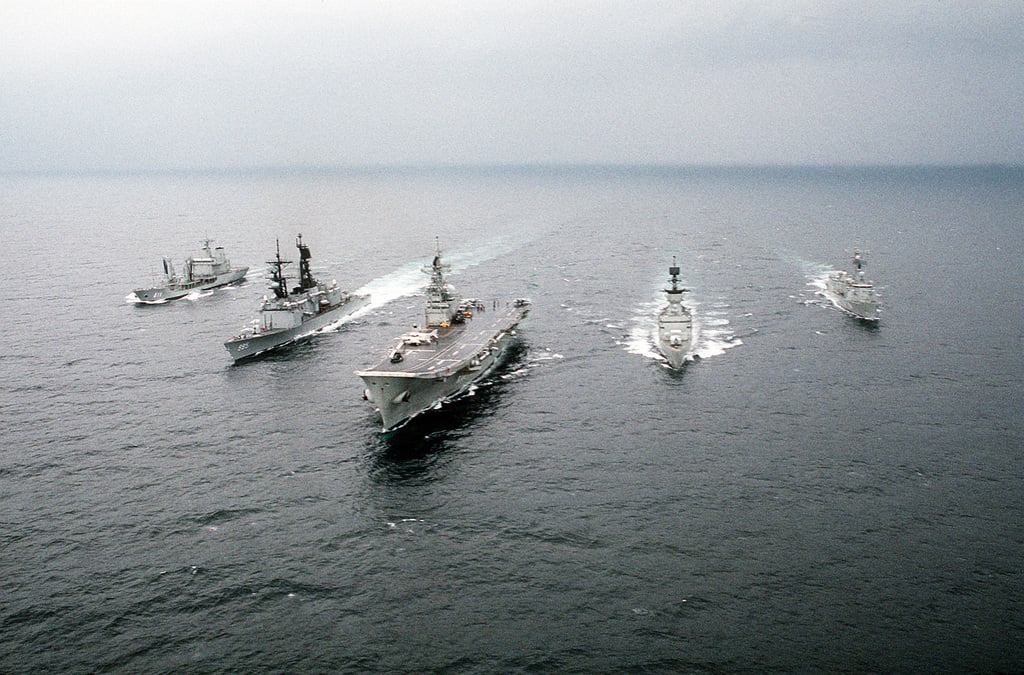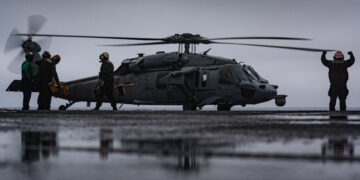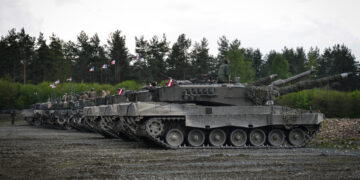On Friday, President Donald Trump announced a third fatal U.S. strike on an alleged Venezuelan drug-smuggling boat. The operation, which killed what Trump called three “male narcoterrorists,” follows two U.S. strikes earlier this month also on alleged Venezuelan drug boats. The attacks are not just likely illegal and unconstitutional—Congress has done nothing to authorize the use of such military force—but a deeply flawed way to tackle drug smuggling in the Western Hemisphere.
The strikes have come with a fair bit of hyperbole from the White House. Trump has warned Venezuelan dictator Nicolás Maduro, who in 2020 was indicted by the U.S. Justice Department on drug-trafficking charges and now has a $50 million bounty on his head, to stop sending drugs and members of the Tren de Aragua gang into the U.S.
Trump isn’t throwing out empty threats. The U.S. has eight warships based in the Caribbean—many off the coast of Venezuela—and 10 F-35 fighter jets stationed in Puerto Rico. And with draft legislation that would authorize Trump to wage war on anyone he deems a “narcoterrorist,” Washington may be on the cusp of a larger-scale militarization that looks ominously similar to former President George W. Bush’s global war on terror. Such an approach would plunge the U.S. into another expensive, unending conflict, this time largely in its own hemisphere.
The Trump Administration’s aim seems clear enough: leverage U.S. military power to deter Latin America’s drug cartels from sending their products north. Yet that approach would be a mistake because it’s unlikely to make any real dent on the illicit drug trade.
More on Western Hemisphere
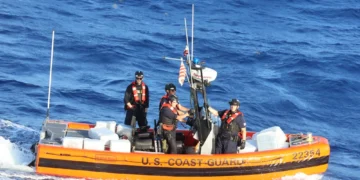
Featuring Jennifer Kavanagh
September 18, 2025
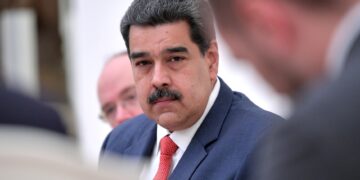
Featuring Gil Barndollar
September 17, 2025
